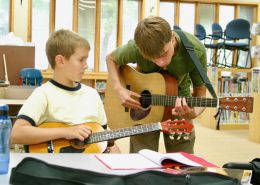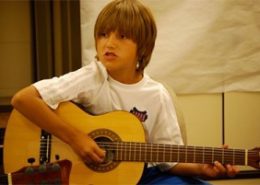
Teamwork
Definition: 1) a cooperative or coordinated effort on the part of a group of persons acting together as a team or in
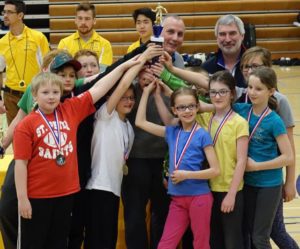
St. Peter Fencing Team
the interests of a common cause. 2) the combined action of a group of people, especially when effective and efficient.
{YEL!} after school programs and summer camps feature numerous benefits for students. Physical health and well being in active sports classes like fencing, flag football, basketball, soccer, track and field; as well as mentally stimulating activities like chess, coding, robotics, brick building, and more. In all of these classes, there is an element of competition, whether intended or not. Even in coding classes, students will compare how the video game they made compares to their classmates or which ones are most popular.
In all {YEL!} class [ even Project Runway: Sewing Camps ] our instructors emphasize the importance of teamwork and collaboration. “As iron sharpens iron, so one person sharpens another.” ( especially in fencing:-)
Yes, even though students are competing against classmates for a fencing medal, or working to build their LEGO project to be faster than a classmates, they are learning from each other. “He added some extra weight to his car and it’s going farther. What if I did that?” “She used a backstitch on her project. Would that work on mine?”
Build each other up
We tell our students that although they are competing against each other in class, they are a team when it comes to fencing and chess tournaments. Or, in basketball, flag football, soccer, and track and field, we impress upon students that they may be on a varsity team together in the future. “So work today to make each other better tomorrow.” Our trained and dedicated teachers also prompt students to be encouraging of each other with phrases like, “That’s neat. How did you do that?“, “I really like your dress.“, “That was an awesome move.” It’s amazing how beneficial snippets of encouragement can be.
Teamwork in {YEL!} Classes
Here is a brief rundown of {YEL!} subjects and the ways we incorporate teamwork in each:
- Brick Builders: students co-build projects, test and modify them to make them work better. They also learn by watching what other teams do to make their projects faster, higher, stronger, etc.
- Chess: It is so common to learn from an opponent you are playing against or to learn from a game you are
 watching. Picking up on an opening variation, a sneaky rook move, or a compelling endgame approach help build each teammate’s skills.
watching. Picking up on an opening variation, a sneaky rook move, or a compelling endgame approach help build each teammate’s skills.
- We also impress upon chess players that although they compete against each other in class, and we want them to play their best, they never play against each other during a {YEL!} Chess Tournament. They only play chess players from other schools.
- Coding: Open source code is a big thing in the software development world, and {YEL!} Coding classes incorporate that as well. Students are encouraged to share their code with classmates and even, with parent permission, online.
- Electronics: Students co-build, test and modify their projects and learn from other classmates.
- Fencing: As with chess, students learn by fencing other classmates. We impress upon fencing students [just as we do chess students] that they compete against each other in class, but at {YEL!} Tournaments, they do not fence each other [until the round of 8 in direct elimination events].
- Guitar: As with chess, students learn from watching others. The great book Influence by Robert Cialdini goes over this concept in detail. A three year old afraid of water watches a three year old friend swim and within minutes is swimming on her own. Watching peers do things makes it easier for us to do them.
- Project Runway Sewing Camp: It’s all too easy for seamstresses to nitpick other projects. To combat
 this, {YEL!} instructors are lead to encourage students to work together keeping in mind that we all want the best Runway Showcase at the end of camp. Everyone needs to work together and encourage each other in order to have the best showcase they can get.
this, {YEL!} instructors are lead to encourage students to work together keeping in mind that we all want the best Runway Showcase at the end of camp. Everyone needs to work together and encourage each other in order to have the best showcase they can get. - Robotics: As with Brick Builders, Robotics asks students to work as teams, delegate tasks, then come together as a team to combine the robotic build with the code and complete a task or challenge. As with Coding, students are encouraged to share their code with other students so we can all learn as a team.
- It’s likely that these students will be on a FIRST® LEGO® League team in the future. Click here to learn more about what a FIRST® LEGO® League team is.
- Rocketry: Students encourage each others projects and collaborate on a few rockets.
- Sports [basketball, flag football, soccer, track and field]: Sports are naturally competitive, but if the
 focus is on the individual instead of the team, it is going to be a struggle. We build in teamwork components by, for instance, asking all players to receive a pass in basketball before the team can shoot; changing quarterbacks often in flag football; asking a different person to take the shot each time in soccer.
focus is on the individual instead of the team, it is going to be a struggle. We build in teamwork components by, for instance, asking all players to receive a pass in basketball before the team can shoot; changing quarterbacks often in flag football; asking a different person to take the shot each time in soccer. - Sports [Goofy Sports]: This silly class encourages students to work as a team to come up with their own goofy trick shots and use an ‘open source’ approach to share their trick shot with others.
- Woodworking: As with Project Runway, Coding, and Robotics share ideas with others about how to best drive a nail, drill a hole, or sand down an edge.
Take Aways
Learning by doing is, for most of us, the best way to cement a skill or incorporate a concept. Take the first step towards cementing your child’s appreciation for teamwork. Find {YEL!} classes at YELKids.com/Register.
[simple-author-box]


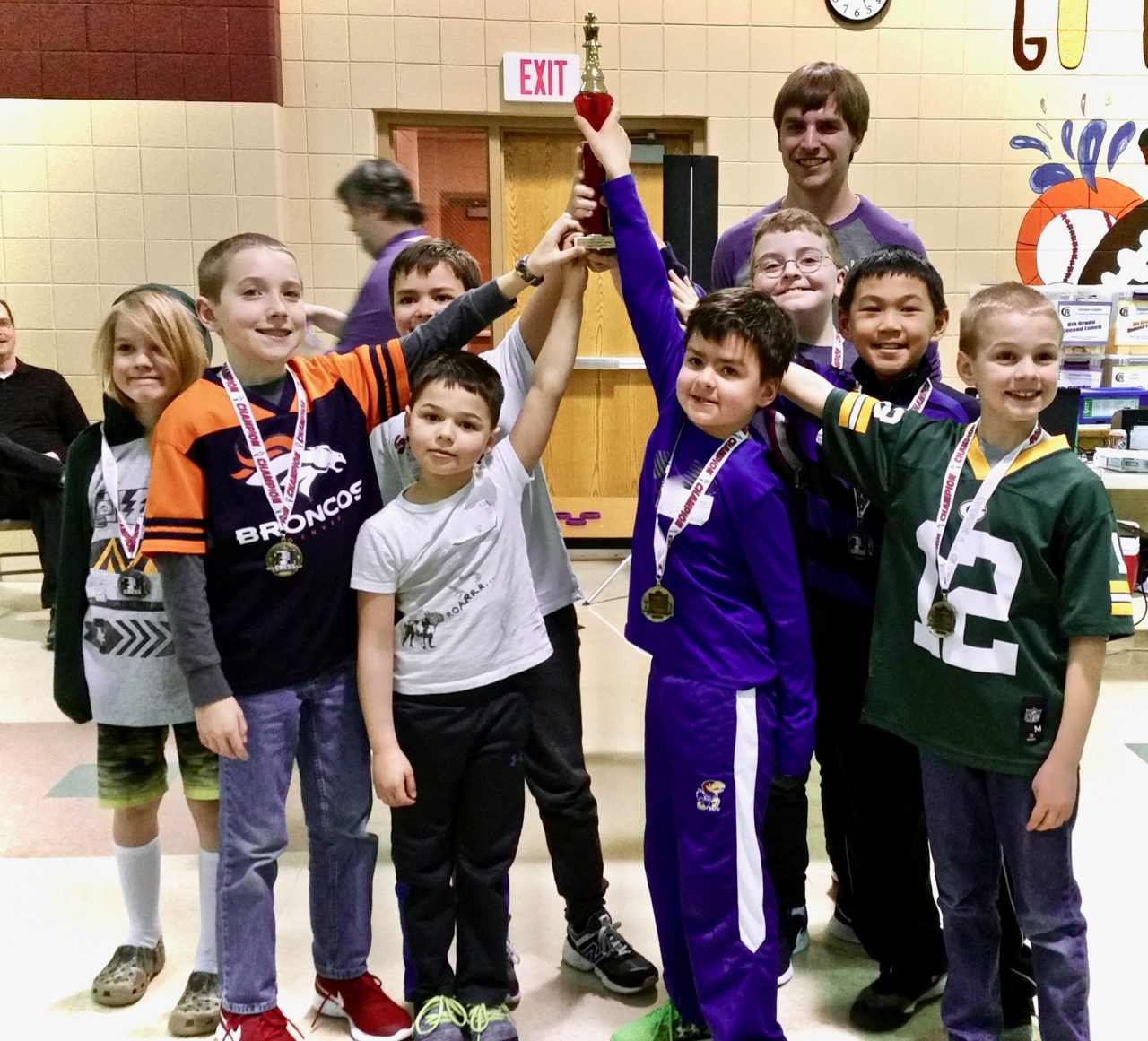
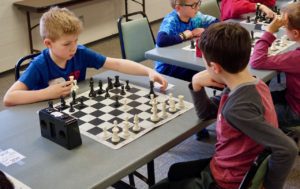 watching. Picking up on an opening variation, a sneaky rook move, or a compelling endgame approach help build each teammate’s skills.
watching. Picking up on an opening variation, a sneaky rook move, or a compelling endgame approach help build each teammate’s skills.
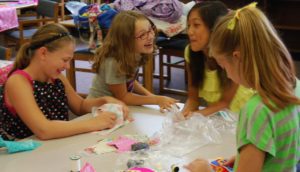 this, {YEL!} instructors are lead to encourage students to work together keeping in mind that we all want the best Runway Showcase at the end of camp. Everyone needs to work together and encourage each other in order to have the best showcase they can get.
this, {YEL!} instructors are lead to encourage students to work together keeping in mind that we all want the best Runway Showcase at the end of camp. Everyone needs to work together and encourage each other in order to have the best showcase they can get.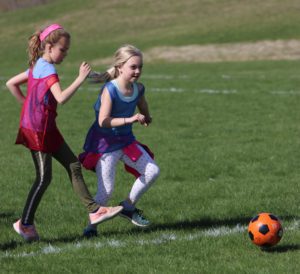 focus is on the individual instead of the team, it is going to be a struggle. We build in teamwork components by, for instance, asking all players to receive a pass in basketball before the team can shoot; changing quarterbacks often in flag football; asking a different person to take the shot each time in soccer.
focus is on the individual instead of the team, it is going to be a struggle. We build in teamwork components by, for instance, asking all players to receive a pass in basketball before the team can shoot; changing quarterbacks often in flag football; asking a different person to take the shot each time in soccer.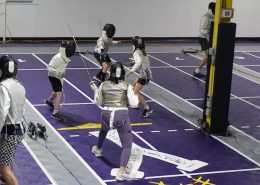 2023 YEL
2023 YEL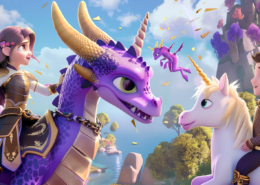
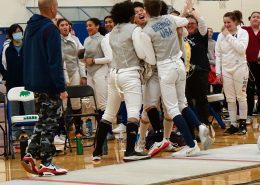
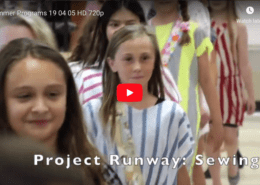
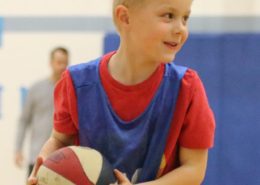 2019
2019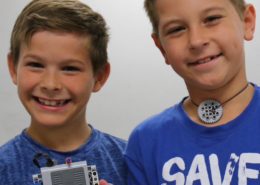
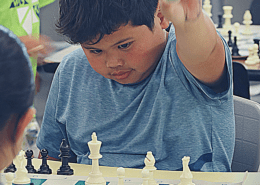 2019
2019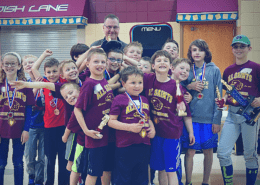
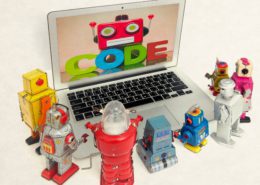
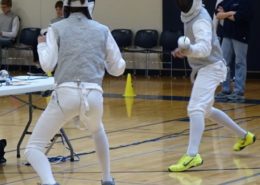 ©2019 YEL
©2019 YEL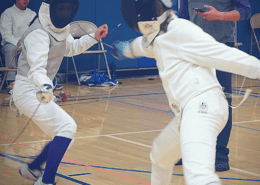
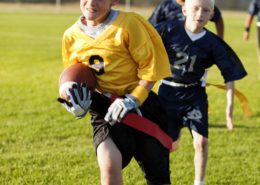 ©2019 YEL
©2019 YEL